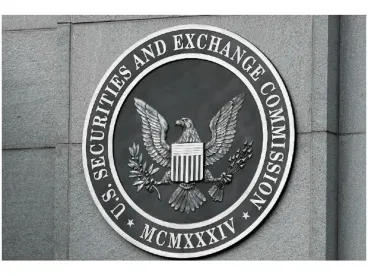On Monday, March 20, 2017, the U.S. Supreme Court denied a Petition for Writ of Certiorari in Verble v. Morgan Stanley Smith Barney, LLC. (No. 16-946), thereby declining an opportunity to resolve a conflict amongst circuit courts as to whether Dodd Frank’s anti-retaliation protections extend to employees who do not report an alleged securities violation to the SEC.
Background
Plaintiff-Petitioner John Verble (“Plaintiff”) alleged that he was terminated from his position at Morgan Stanley Smith Barney, LLC in retaliation for his being a confidential informant to the FBI. The District Court dismissed the Plaintiff’s Dodd-Frank retaliation claim, holding that “[b]ecause plaintiff did not provide information to the SEC before his termination, he does not qualify as a whistleblower as defined in Dodd-Frank” for protection under the anti-retaliation provision. The Sixth Circuit affirmed the dismissal of Plaintiff’s Dodd-Frank retaliation claim, but did so on different grounds than the district court and did not reach the issue concerning the scope of Dodd-Frank’s anti-retaliation provision.
On January 26, 2017, Plaintiff filed a Petition for Writ of Certiorari with the U.S. Supreme Court, and on March 21, 2017 the U.S. Supreme Court denied that petition.
Implications
Circuit Courts continue to remain divided as to whether Dodd-Frank’s anti-retaliation protections extend to whistleblowers who make internal complaints but do not complain to the SEC—the Second Circuit’s decision in Berman v. Neo@Ogilvy LLC, 801 F.3d 145 (2d Cir. 2015) directs that a Dodd-Frank “whistleblower” need not report an alleged violation to the SEC, whereas the Fifth Circuit’s decision in Asadi v. G.E. Energy (USA), LLC, 720 F.3d 620 (5th Cir. 2013) reaches the opposite conclusion.
Notably, after Plaintiff filed his Petition for Writ of Certiorari, the Ninth Circuit deepened the circuit split by agreeing with the Second Circuit that employees who only complain internally are protected from retaliation. Somers v. Digital Realty Trust Inc. (No. 15-cv-17352). The Third Circuit is also poised to weigh in on the issue in its upcoming decision in Danon v. Vanguard Group, Inc. (No. 16-cv-2881). Until the Supreme Court addresses this important issue, we expect that courts will continue to issue conflicting decisions as to who is a covered “whistleblower” under Dodd Frank.




 />i
/>i
